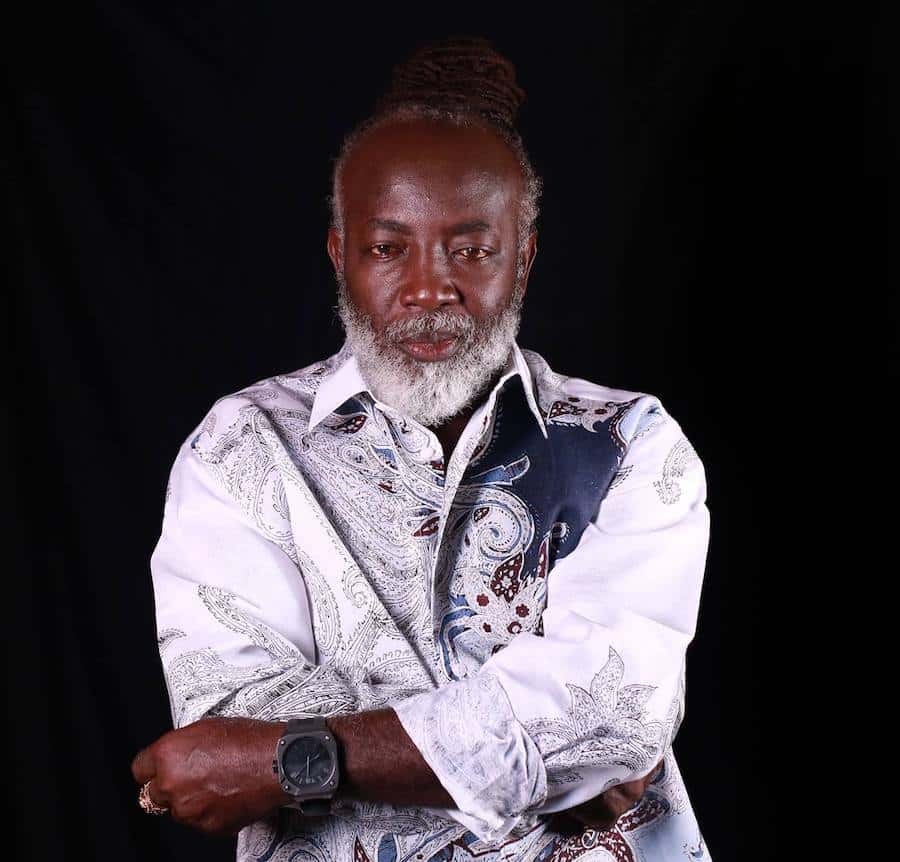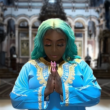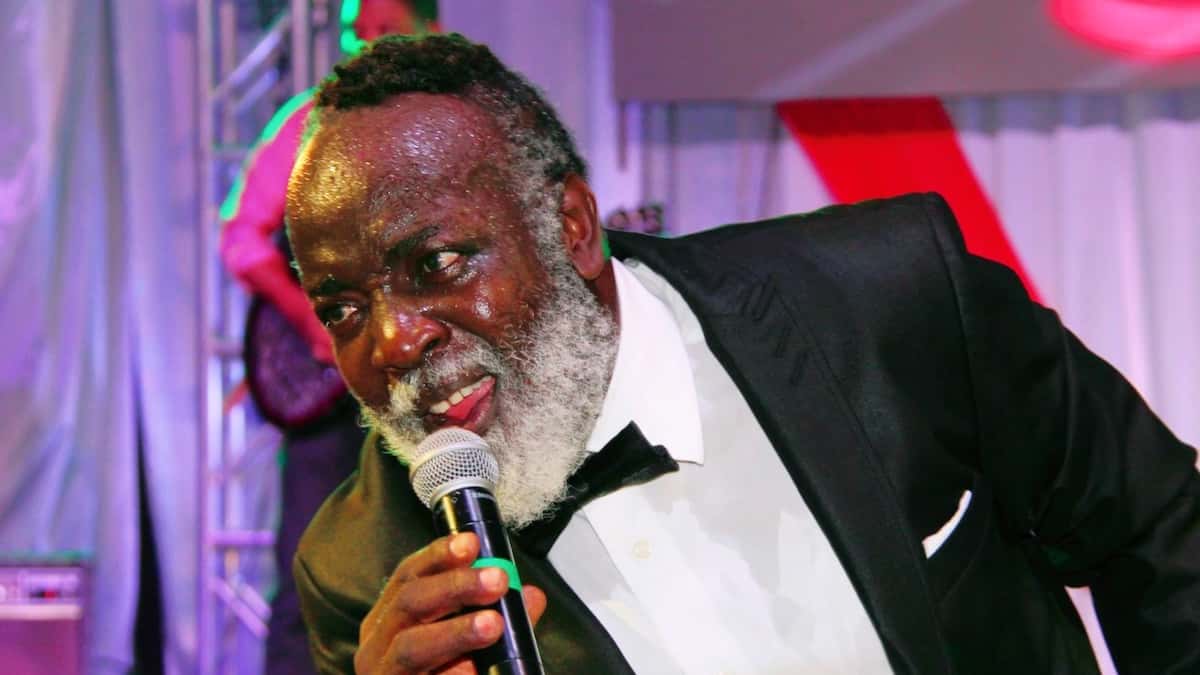Freddie McGregor expressed that today’s Dancehall music has lost its essence, stating that its now a game of “anything goes.”
While peaking with the Jamaica Gleaner, the Reggae veteran recently lamented that although the current generation of artistes is not expected to follow the blueprint left by their predecessors “down to the tee,” the “I Was Born A Winner ” singer wishes they would not be “loose.”
“When I refer to music, I think of something really nice and that’s why we love go out there and play it and perform it but for me personally, the music has become kind of a loose thing and I think we losing that essence of it,” he told the publication.
“We have a situation where anything goes and we’re in a quandary about where we are, what is happening and weh it (music) aguh go. The present music, weh dem call it? Trap dancehall? It look like dat get trap” he added.

McGregor insisted that changes in Dancehall should not be so drastic that it alters the identity in Jamaica’s music.
“Sometimes when you talk about certain things and the younger generation, of course, they’re younger and of course they’re different, but if we were to allow the younger generation to continue on its current path, 20 years down the line where would we be identity wise in music?” he questioned.
There is a great body of music left in Jamaica by many great artistes that the young generation could always draw from to still be successful. It doesn’t have to be an exact replica but you can use it, add to it, do things to it while maintaining the essence of our roots,” he continued.
The “Big Ship” singer also expressed that while Dancehall is an adult’s playground, if it’s to be viewed as anything but lewd, the use of profanities and the heavy use of slack language has to cut down drastically.
“The dancehall fraternity has to understand a thing called discipline because we take it for granted. We have to consider the languages that we use because sometimes I swear people nuh only call police because the bass loud but the kinds of things we say outta we mouth, we affi be mindful of that,” he said.
“I know people will differ and say the dancehall comes with that and everybody a we bredren innu, but we affi find ways to cushion the thing and tone it down because the law is already against us,” he added.
Freddie McGregor is one of Reggae’s most durable and soulful singers, with a steady career that began in the 1960s, when he was seven years old. His popularity soared in the early 1980s with the release of “Bobby Bobylon”.
Other popular hits of McGregor’s include “Big Ship”, “Push Comes to Shove”, “Just Don’t Want to Be Lonely” (a top ten hit in the UK), and “I Was Born a Winner”; as well as cover versions of many early reggae standards.
McGregor has also toured extensively for many years. His albums in the 2000s were “Signature” and “Anything for You,” which received a Grammy nomination.
He established the Big Ship label in 1983 and has produced many artists including Papa San, Lieutenant Stitchie, Tiger, Luciano, and Mikey Spice.
In a 2011 interview with the Jamaica Observer, he expressed concern that many veteran artists, including himself, struggled for local radio play of their newer material, which he felt may be “lost” over time as a result.
“You have so much good material that is being lost an’ I’m worried looking down the road 20 years an’ wondering what we’re going to be listening to,” he stated.
In 2013, Freddie McGregor was presented with a Marcus Garvey Lifetime Achievement Award from the Institute of Caribbean Studies.





